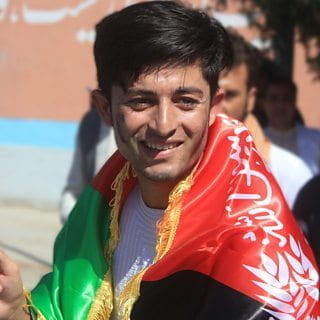2/01/2021
CHRISTINA FINK – Voice of America
quoted in Myanmar Military Seizes, Hobblinh Emerging Democracies
2/02/2021
AMITAI ETZIONI– The Hill
2/07/2021
RICHARD GRINKER – CNN
authored The health professional missing from Biden’s Covid advisers
2/10/2021
EMMANUEL TEITELBAUM – The Washington Post
2/11/2021
CHRISTINA FINK – Deep Dish Podcast
interviewed for Myanmar’s Democratic Transition is Failing. What Now?
SEAN ROBERTS – BBC World Service
interviewed for Is China erasing Uighur culture?
2/12/2021
MIKE MOCHIZUKI – The National Interest
interviewed for Convergence and Divergence: U.S. and Japanese Strategic Perceptions
2/16/2021
CHRISTINA FINK – Singapore-based Channel News Asia Radio’s World Report Program
interviewed on Political Developments Since the Myanmar Coup, link not available
DAVID SHAMBAUGH– South China Morning Post
quoted in US ‘neglect’ drives Asean towards China in superpower economic rivalry, analysts say
2/17/2021
MARC LYNCH, KIMBERLY MORGAN, DAVID SHAMBAUGH, KURT VOLKER – GW Today
featured in The Biden Administration and the World
2/21/2021
DAVID SHINN – South China Morning Post
2/24/2021
DAVID SHINN – China’s Xinhua News Agency
quoted in No Evidence of Engagement in “debt-trap diplomacy: media.”
2/25/2021
AMITAI ETZIONI– The Hill
authored Humans rights are a worthy but tricky foundation for foreign diplomacy









